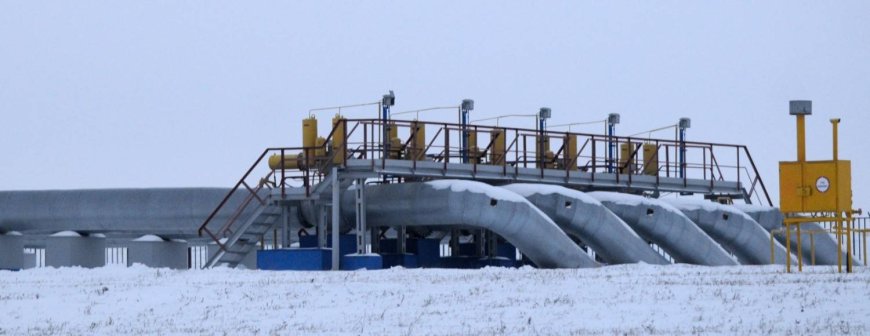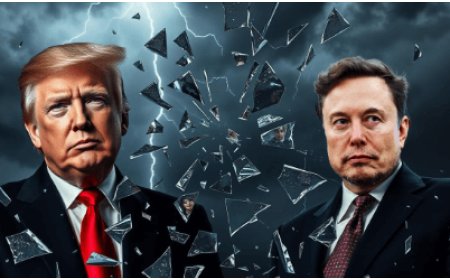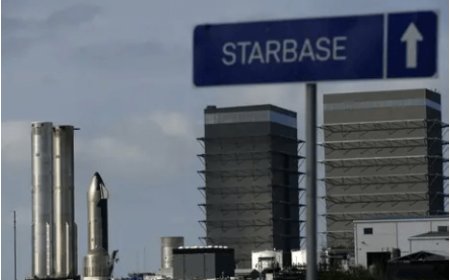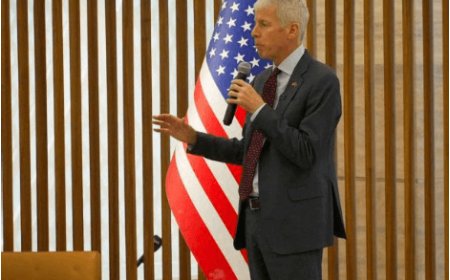EU Vows 2028 Russian Gas Exit, Pushes Ahead Despite Energy Ties with Moscow
The EU confirms plan to end Russian oil and gas imports by 2028 amid pressure to secure energy alternatives and protect citizens from price shocks.

The European Union has reaffirmed its plan to drop all imports of Russian oil and gas by January 1, 2028, following intense talks with the United States and internal pressure from member states worried about energy dependence. Energy Commissioner Dan Jorgensen backed the deadline firmly, saying recent meetings showed there's growing political and public will across Europe for a permanent break from fossil fuel imports linked to Russian geopolitics.
Under the proposals now being negotiated, short-term contracts for gas and oil from Russia would be banned starting next year, while some EU officials are pushing for even swifter action. The objective is to legally lock in the phase-out plan so that it survives changes in leadership and remains enforceable across member states, rather than relying solely on temporary sanctions or goodwill.
At the same time, the EU is under pressure to ensure this shift doesn't destabilize energy supplies or economies. Critics warn that cutting off Russian energy too quickly could lead to spikes in energy prices or supply shortages—especially in countries that are heavily reliant on Russian oil and gas. To offset the risk, the EU is exploring options to boost imports of liquefied natural gas (LNG) from non-Russian sources and increase investment in renewables, grid stability, and storage infrastructure.
The decision comes as Ukraine’s conflict with Russia continues to drive geopolitical uncertainty. Many EU states point out that continuing to buy energy from Russia not only undermines efforts to sanction the country but also gives Moscow leverage in diplomatic and economic negotiations. The EU also sees this energy ban as part of its broader shift toward green energy goals and climate commitments made under international agreements.
In Washington, talks between European officials and the US energy secretary reportedly included discussions about how American LNG could help fill the gap left by reduced Russian imports. While there was no firm commitment announced during the meeting, both sides agreed on the urgency of finding alternatives quickly and ensuring energy security and affordability for European citizens.
Looking ahead, the upcoming months will be critical. Finalizing the legal text of the phase-out by 2028, securing reliable non-Russian energy supply chains, and ensuring member states invest in renewable energy while protecting consumers from price shocks will test both political resolve and administrative coordination. For many Europeans, this isn’t just about ending energy ties with Russia—it’s a pivotal moment for the EU’s autonomy, climate goals, and future energy strategy.
What's Your Reaction?
 Like
0
Like
0
 Dislike
0
Dislike
0
 Love
0
Love
0
 Funny
0
Funny
0
 Angry
0
Angry
0
 Sad
0
Sad
0
 Wow
0
Wow
0














































